Matawa’s Sharon Nate and Stephen Chase at the opening of the Oshki Maajichiikewinan New Beginnings education conference on March 9-10 in Thunder Bay. Photo by Rick Garrick.
Matawa First Nations and Keewaytinook Okimakanak partnered to present the Oshki Maajichiikewinan New Beginnings education conference on March 9-10 at the Valhalla Inn in Thunder Bay.
“We’re focusing on student retention, student attendance, student learning, student engagement, parental engagement,” says Sharon Nate, Matawa’s education manager. “There is definitely a need for student retention, student attendance, increased measures for literacy, numeracy and performance measurements. This is a great opportunity for our schools to come together and work together.”
Nate says the conference also enables teachers to share their best practices in the schools.
“They share what works in the classroom for student engagement and learning and also attendance,” Nate says. “Whatever they share, it increases what they take back to the communities.”
Nate says the implementation of outdoor programs increases student attendance.
“They are more focused when they are outdoors as opposed to indoors,” Nate says. “So having constructive outdoor activities engages them a lot more.”
The conference began with presentations on the Matawa Education Regional Strategic Plan, the Truth and Reconciliation 94 Calls to Action and Supporting Professional Ethical Practice as well as a film screening of Shirley Cheechoo’s Moose River Crossing on March 9.
“Moose River Crossing is about six residential school students that are going to Sault Ste. Marie for a reunion, but the train never comes,” Cheechoo says. “So they end up telling their stories at the train station.”
Cheechoo says the film raises the awareness of the experiences of residential school survivors and the residential school system.
“One of these characters is very close to my own experience at residential school,” Cheechoo says.
Stephen Chase, Matawa’s PASS administrator, says the Matawa Education Regional Strategic Plan includes the development of curriculum and the incorporation of culture and history.
“There is medium-term objective to support the expansion of language immersion within the Matawa educational system, to create dialect-specific resources that can be used in the classroom,” Chase says, noting that Matawa has submitted proposals to the Aboriginal Languages Initiative and the National Indian Brotherhood Trust for language development projects. “This would be producing materials with the Elders and with people who use the language, doing traditional activities … to develop the curriculum for the schools and actually for the community as well, because it is recognized that language learning isn’t something that is just for the kids.”
Chase says the long-term objective is to implement First Nations language in the curriculum, including a Kindergarten to Grade 6 native language immersion program.
“We (have) a couple of workshops on immersion programs and some of the schools are implementing immersion programs now,” Chase says. “It is something that comes up on our advisory committee on an ongoing basis.”
Chase says the development of language resources would incorporate “a lot of the traditional knowledge and history from the community.”
“We have also been looking at … some wonderful things that are being done with First Nations math across the country,” Chase says. “Math is also a focus within the province. We have been participating in the system monitoring their implementation programming through the Ministry of Education.”
The second day of the conference featured a variety of workshops, including The Effective Administrative Assistant, Technology in the Classroom, Number Talks Follow-Up: Student Assessment and Moving Beyond Student Strengths and Needs.
Other workshops included Preparing and Executing a Maintenance Schedule, Inquiry Learning: Learning Through Environmental Exploration in a First Nation School and Authentically Embedding Indigenous Ways of Knowing in Mathematics.

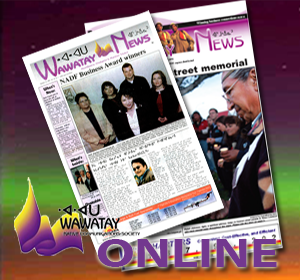





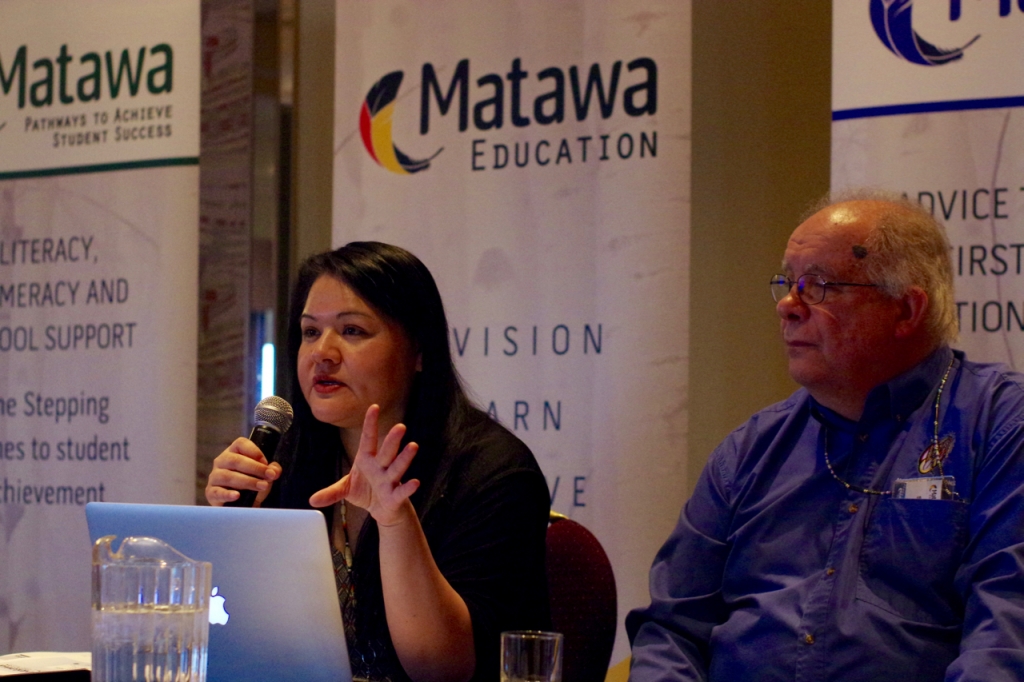

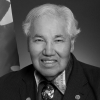

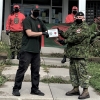

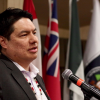
I am the product, evolution of many thousands of years as are you. I grew up on the land in the remote far north of Ontario following in the footsteps of my...
One of the most beautiful serene places I’ve ever visited was on the banks of the Opinagau River in northern Ontario, just near the corner of land where...